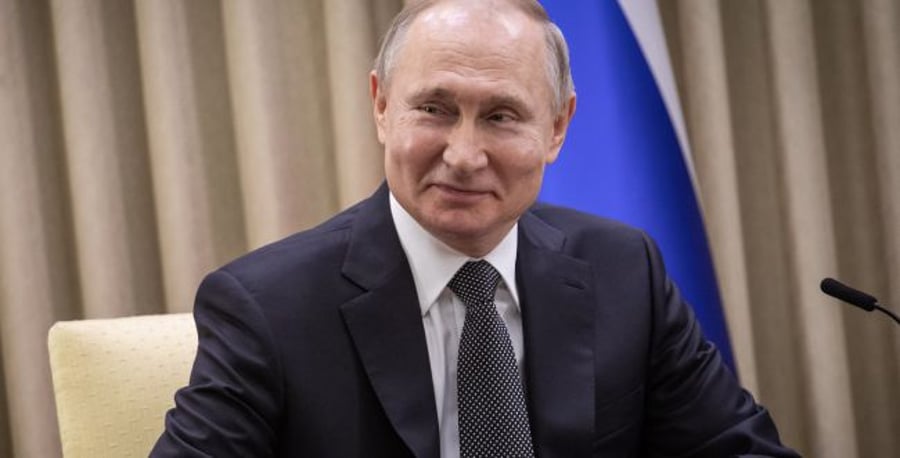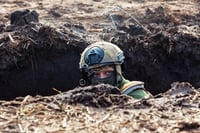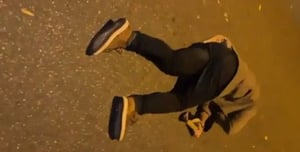
A day after Russian cruise missiles penetrated Poland's airspace, Russia's ambassador to the country suddenly disappeared.
The disappearance comes against a background of simmering tensions between Poland and Russia over the last few days in connection with the war in Ukraine. Sources close to the Polish government told local networks that there is fear that Andreyev's disappearance is indeed connected to the air infiltrations and even announced the strengthening of defenses around the country's borders and airspace.
Commentators in Ukraine even claim that it could be a Russian preparation for an attack on Poland since, "spontaneous disappearance of diplomats in the past signaled intentions for a surprise attack, like the Russians in Egypt, or the Japanese in the US before the Pearl Harbor attack."
Over the past week, the Kremlin has been making efforts to pin last week's ISIS attack on Moscow's concert hall that has claimed the lives of at least 143 people on the UK, US, and Ukraine. Despite Putin blaming "radical Islamists" for the killing spree, the FSB, Russia's internal security service, argued that many questions remained unanswered, repeating unfounded claims that the attackers attempted to escape to Ukraine following the hit.
Ukraine has fervently denied any involvement in the attack, saying it was “absolutely predictable” that Putin would try to place the blame with it. The White House, for its part, confirmed that Ukraine had “no involvement whatsoever” while the U.K.’s foreign secretary, David Cameron, posted: “Russia’s claims about the West and Ukraine on the Crocus City Hall attack are utter nonsense."





















0 Comments